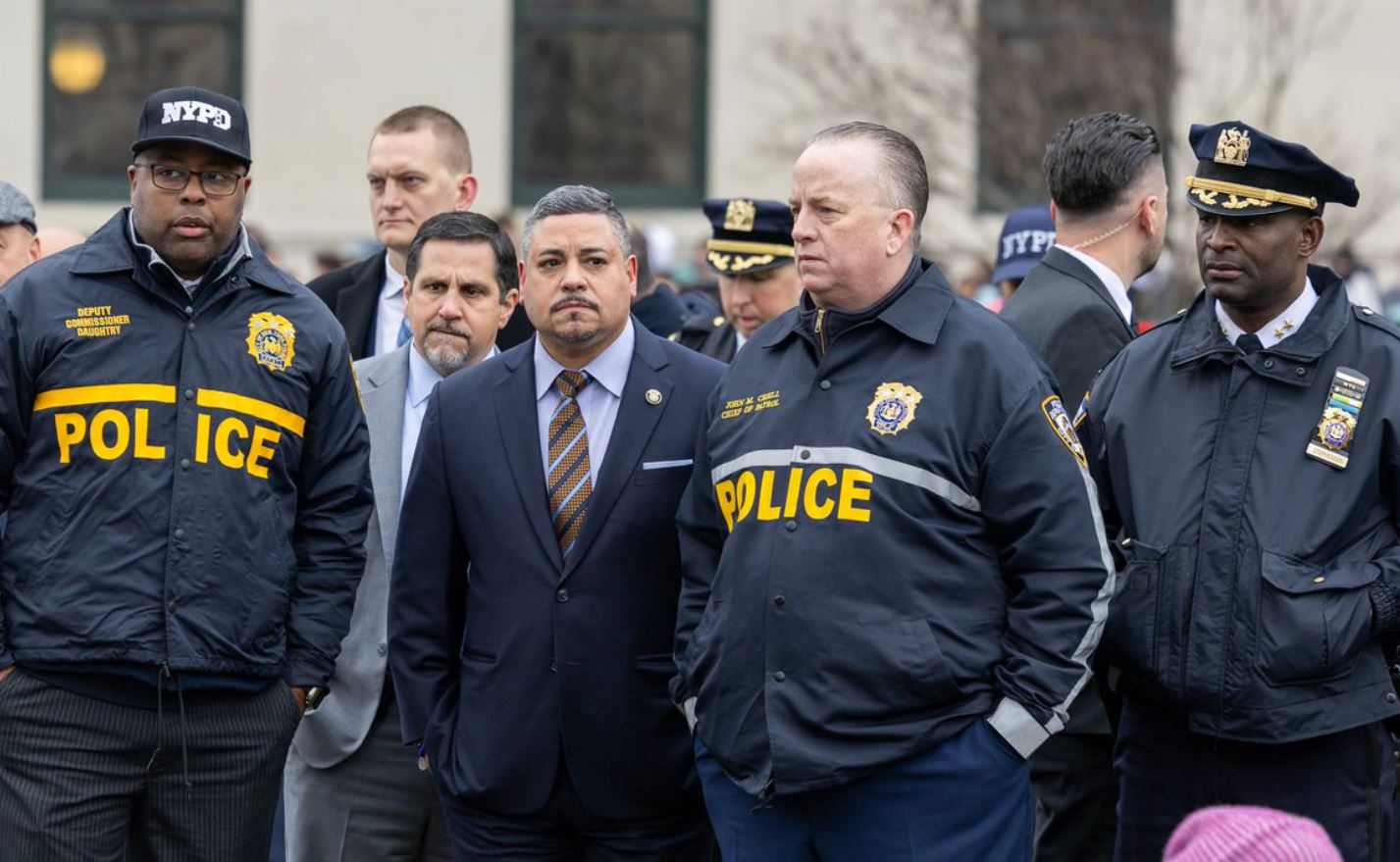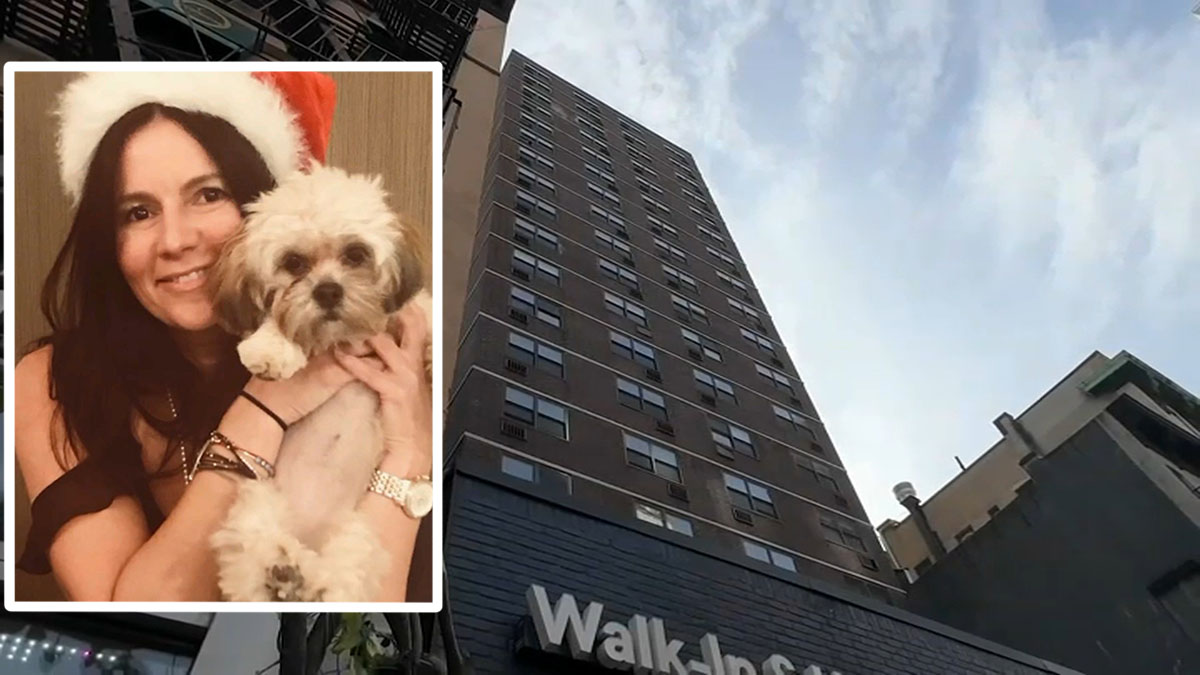Many colleges have already announced they will be online only come fall, but Long Island's Hofstra University has plans to reopen the campus, and they are taking major steps to ensure the health of the college community.
“In every building and every class, students and faculty must wear a mask and if you don’t want to wear one in class, you will be asked to leave," explained university Provost Herman Berliner. "It’s a zero tolerance policy.”
Strict guidelines like mask wearing, social distancing and contact tracing will be the cornerstones to the Nassau County university’s safety plan. Two weeks before the start of school, students must take a COVID-19 test. If it comes back negative, they are allowed on campus. For residential students, those from travel advisory states and from outside the U.S., another test will be administered once they're on campus. Commuting students from Long Island do not have to get tested twice.
It was not a light decision to invite students back to school.
“We’re looking to give our students a personalized education and that is very hard to do if education is completely online,” said Berliner.
The university has spent months reconfiguring classrooms to safely accommodate educators and students. Inside classrooms, capacity is 30 percent. There are two chairs between every sitting space and all classes will be recorded live, in order to give students who choose to work remotely the same experience.
Daily cleanings with industrial strength disinfectant is one way Hofstra plans on keeping COVID-19 at bay. High touch surfaces in common areas will be cleaned every 30 minutes and more than 500 hand sanitizing stations have been set up across campus. There are 65 electrostatic disinfectant sprayers, 22 temperature kiosks, and nine tents equipped with WiFi across the campus, in an effort to give students outdoor areas to study and socialize.
News
Masks, required inside and outside when social distancing cannot be maintained, will be available in every academic building. Faculty, students and staff must also answer a four-question daily online health screening before they go to campus or class. If they are unable to answer yes to any of the questions, they are not allowed on campus.
“I was definitely concerned about social distancing and what conditions we would be learning under,” said graduate student Kareem Panton.
Outdoor tents with tables six feet in diameter to serve as safe gathering spaces for students. Inside the main dining hall, tables are being outfitted with plexi glass dividers. If students fall in on campus, they will be able to self-isolate and recover in special dorms reserved for this very reason. Much of the plan relies on students to do the right thing.
“A lot of students are going to have to think about others and how to keep themselves safe,” said undergraduate Bernice Aquino.



